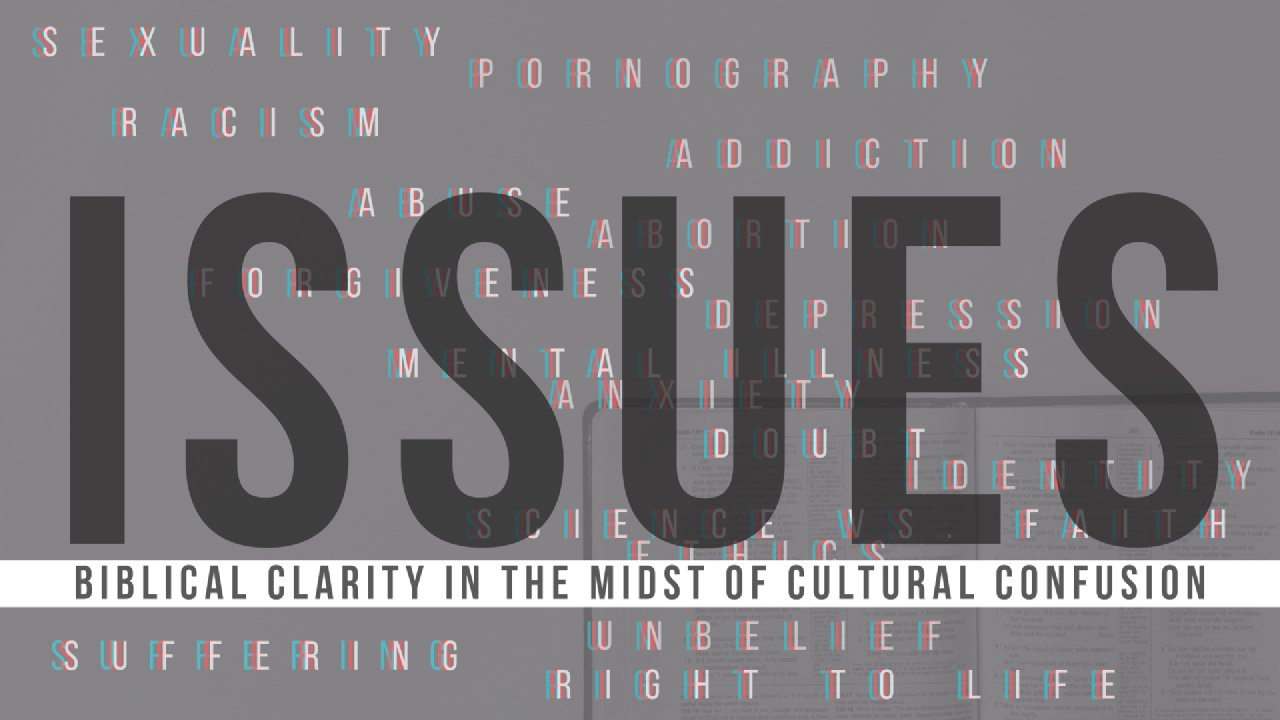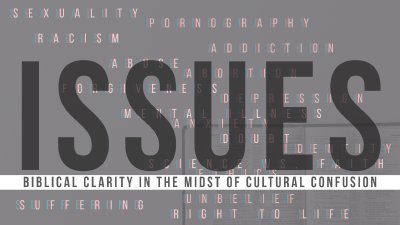Theme: Issues—Shame
Passage: Genesis 2:25-3:13
What is shame?
• A general sense of unworthiness attached to one’s core identity
• Failing to measure up to a standard of honor
Where does shame come from? (Genesis 2:25-3:13)
• The Fall
• However, some of our shame, perhaps much of our shame, comes from faulty standards of honor that we fail to measure up to (Mary Willson)
o Q: Before whose eyes are we failing to measure up?
2 Kinds of Shame (from John Piper, Future Grace)
• “Well-placed shame” – guilt; gift of God to lead to repentance
• “Misplaced shame” – guilt that lingers too long and denies the gospel of grace; tool of evil to rob believers of joy, hope, and peace
3 Sources of Shame (from Peter Krohl)
• Sin we commit – should produce guilt that leads to repentance, forgiveness, rejoicing
• Sin committed against us
• God’s purposes (innate struggles, weaknesses, physical limitations, etc.)
Shame’s effects (Genesis 3:7-13)
• Fear and hiding/ isolation (from God, ourselves, and others)
• Blaming others
• Divided internally, relationally, societally, nationally
God’s solution to our shame (Genesis 3:21; 2 Corinthians 5:21)
• "Everything Scripture says about shame converges in Jesus. From his birth to his crucifixion, the shame of the world was distilled to its most concentrated form and washed over him. . . .Jesus identified with us in our shame so we would identify with him in his grace. Shame is overcome in the honor Christ obtained for us through his identification with our shame and sin on the cross." (Ed Welch, Shame Interrupted)
• Hebrews 12:1-2 - "…looking to Jesus, the founder and perfecter of our faith, who for the joy that was set before him endured the cross, despising the shame…"
Main Idea: Shame can only be truly dealt with by the gospel because only in the gospel is our guilt put onto another, judged to the fullest extent, then forgiven in grace and justice so that the sinner can be justified (declared righteous before God) and thereby welcomed into intimate relationship with God, and others, never again to face rejection or condemnation. The church is the community in which this glory is to be embraced, embodied, and expressed relationally, to the glory of God.
Application Questions:
• What tends to cause shame in our society? What “faulty standards of honor” exist that create shame?
• How do you see shame being cultivated in your life’s contexts?
• How does shame cause isolation from each other? How do you see this affecting the church?
• How does the gospel answer our problem with shame? Why is merely agreeing that the gospel is true insufficient to deal with shame? How do we re-enact the gospel to one another within the church community?
• How is the church the means by which our community can be reached with the shame-breaking power of the gospel? What are the implications for Christians regarding how we relate with one another inside and outside the church?

October 6, 2019
Genesis 2:25-3:13
October 6, 2019 • Pastor Josh Kee • Genesis 2:25, Genesis 3:1–13
More from
Issues




